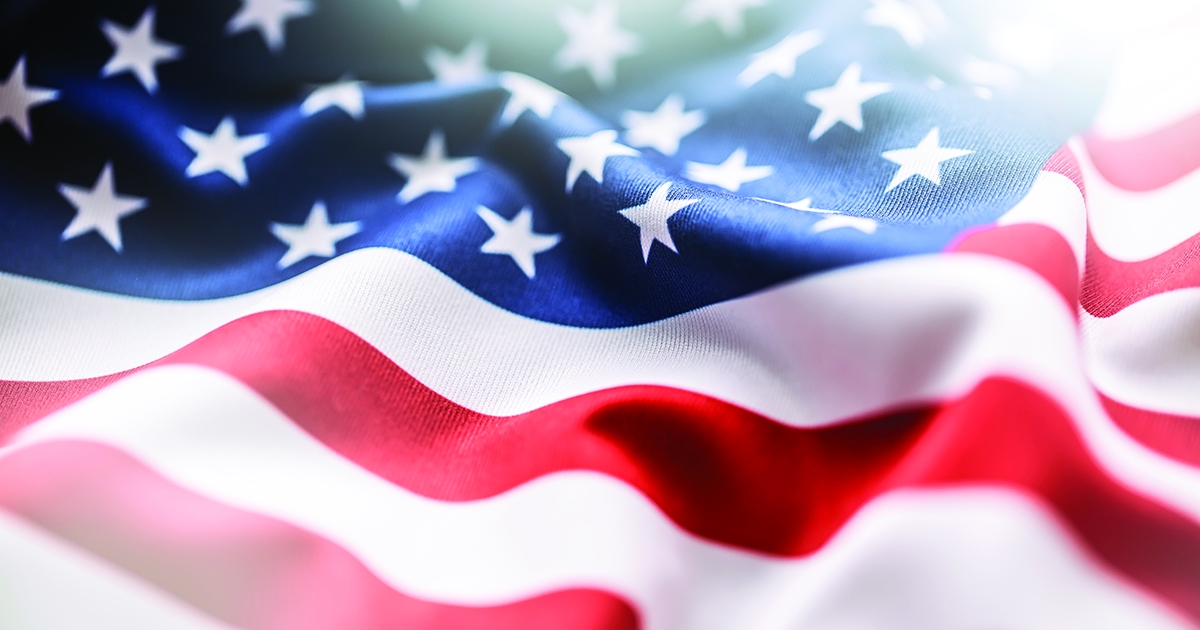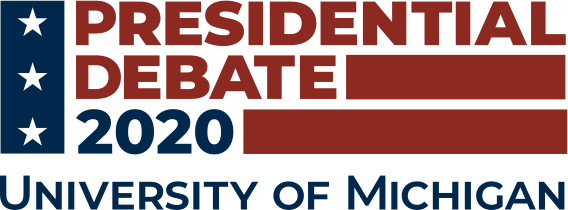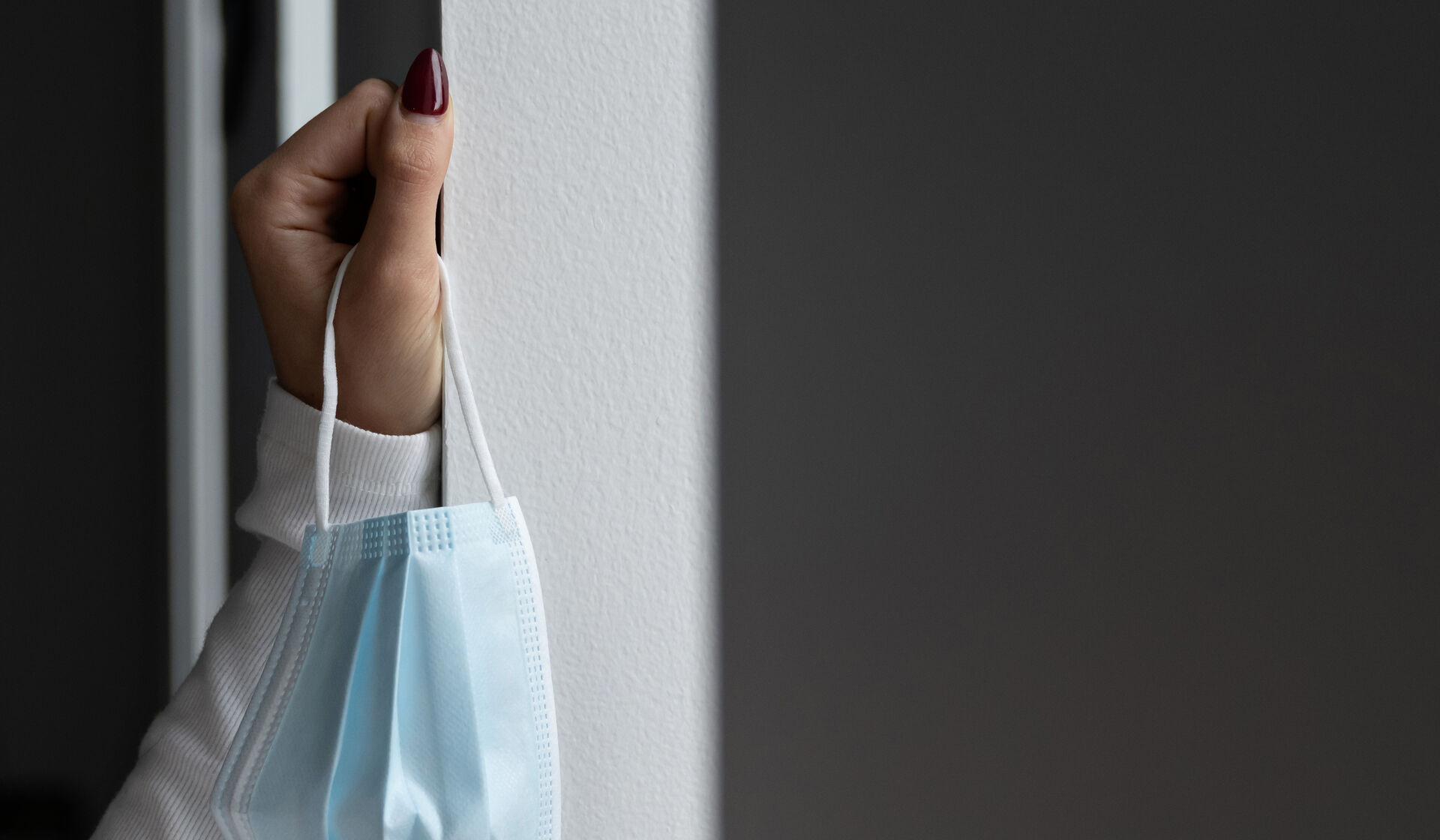Michigan is one of three universities chosen to host U.S. presidential debates during next year’s election.
For the first time in its history, the University will host a U.S. presidential debate.
“This is a tremendous opportunity for the University community to contribute to our democracy, while setting an example of civic engagement and shining a light on the outstanding academic strengths of our institution,” said U-M President Mark Schlissel upon the Oct. 11, 2019, announcement by the Commission on Presidential Debates (CPD). “Public service and civic engagement are at the core of our great University and its history.”
To be held Oct. 15, 2020, at Crisler Center, the debate will be the second in a series of three debates next year before the Nov. 3 election. The other presidential debates will take place at the University of Notre Dame on Sept. 29 and Belmont University on Oct. 22; the vice presidential debate is scheduled for Oct. 7 at the University of Utah. This is the first time the University has applied to host a debate.
While the event will be staged on U-M’s athletic campus, educational and outreach activities also will take place on other parts of the Ann Arbor campus. In addition, themes related to democracy, the election, and the debate—from cybersecurity to voting rights to the meaning of truth—will be woven into various experiences and events both inside and outside the classroom throughout 2020.
One such event leading up to the debate will welcome some 60 representatives from regions across the globe for a symposium on promoting political candidate debates and other key democratic principles and practices in their home countries. The Weiser Diplomacy Center in U-M’s Ford School of Public Policy is leading that symposium in partnership with the CPD and the National Democratic Institute.
The Ford School is collaborating with the University on the debate itself. And both the College Republicans and College Democrats have expressed enthusiasm for the event.
Since the announcement, the Central Student Government has hosted a number of town hall events to update students and others on campus about the debate. For example, roughly 800 to 1,000 people will attend, despite Crisler’s 13,000-seat capacity, said Ann Zalucki, operations co-lead of the 2020 Debate Initiative, during an Oct. 22, 2019, town hall. She compared the space to a television studio rather than a sports venue and added that the CPD will provide the University with only a limited number of tickets to distribute to students.
At the time of the announcement, the University acknowledged the significant costs associated with hosting the event and stated that donor support will help underwrite expenses. No general fund dollars from taxpayers or tuition will go toward debate expenses.
The CPD, which sponsors all general election presidential and vice presidential debates, announced that former presidents George W. Bush and Barack Obama have agreed to become honorary co-chairs.
Visit debate2020.umich.edu for more information about the debate.
A CAMPUS DEBATE TIMELINE
Of the 39 presidential and vice presidential debates since 1976, 28 have been held on college campuses. This brief timeline shows the role that campuses have played in these debates.
Oct. 22
The College of William & Mary is the first college to host a presidential debate. Barbara Walters moderates the face-off between Gerald Ford, ’35, HLLD’74, and Jimmy Carter.
Sept. 25 and Oct. 13
Wake Forest and UCLA, respectively, host presidential debates between George H.W. Bush and Michael Dukakis; in every election year since then, college campuses have provided venues for debates.
Oct. 15
Carole Simpson, ’62, moderates the first town hall-style debate—between George H.W. Bush, Bill Clinton, and Ross Perot at the University of Richmond. Typically, the second of the three presidential debates is a town hall; if that holds true in 2020, U-M’s debate will be in that format. However, the Commission on Presidential Debates has not yet made an announcement.
Oct. 7
The debate at Belmont University is the first time that voters submit questions online—in this case, for John McCain and Barack Obama.
Oct. 15
Hofstra University hosts its first debate and will become the only university to host presidential debates in three consecutive election cycles (in 2008, 2012, and 2016).
Sept. 26
Hofstra hosts a debate between Donald Trump and Hillary Clinton that becomes the most-watched presidential debate in history, with more than 84 million households tuning in.
Oct. 9
Washington University in St. Louis hosts its fifth presidential or vice presidential debate (following those in 1992, 2000, 2004, and 2008), making it the university to host the most debates.
Oct. 15
The University of Michigan will host the second of three presidential debates at Crisler Center.






